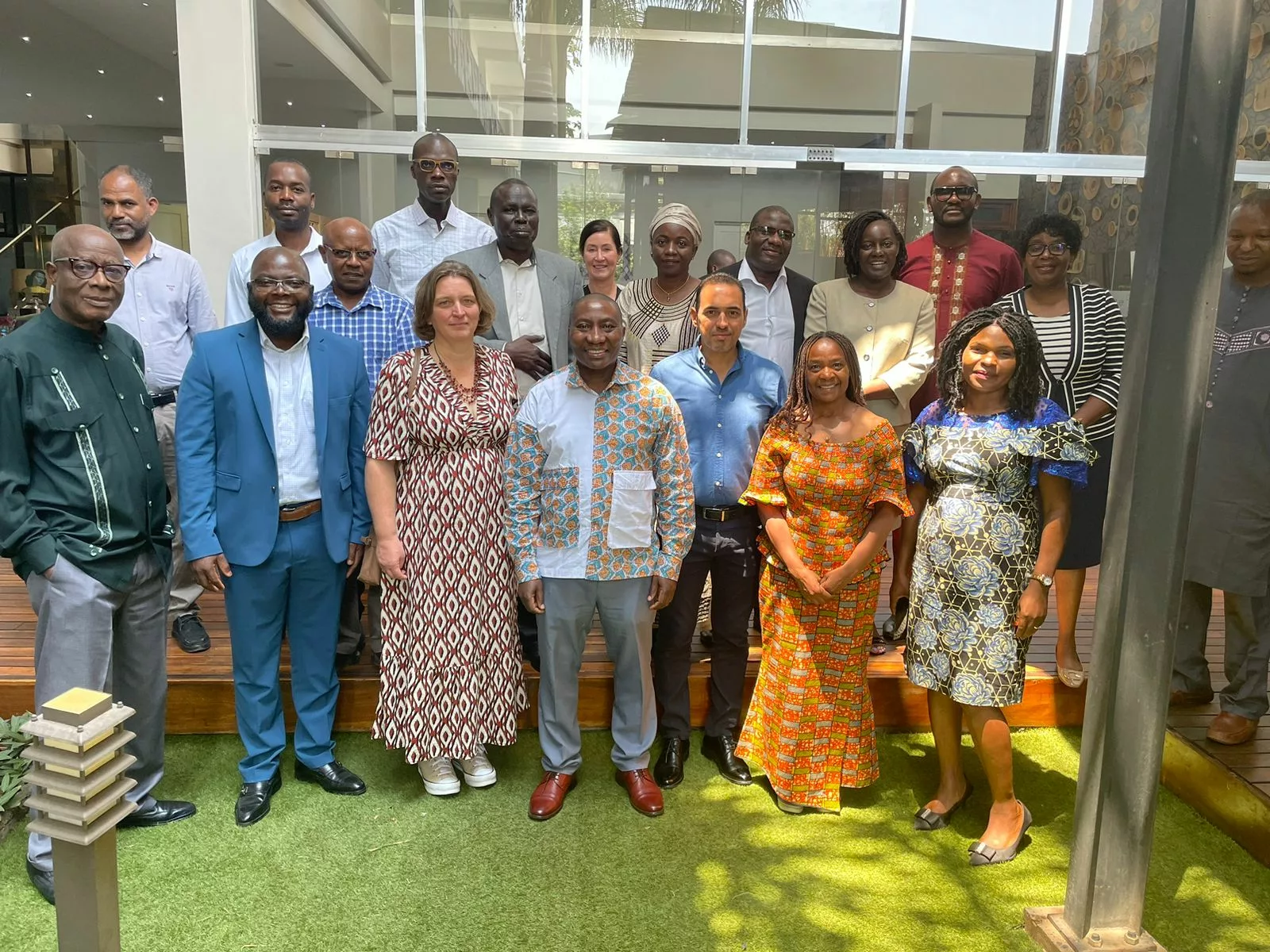|
Getting your Trinity Audio player ready...
|
A validation seminar of the progress report and methodology of the study on farmer-managed seed systems on the continent is taking place beginning today in Lusaka ( Zambia ), aimed at actions and policies modelled on best practices in this sector.
Experts in the field are discussing the execution of the mission according to the agreed Terms of Reference, which includes various assumptions and hypotheses about the seed management system, considering recommendations for further steps and synthesising the regional and continental situation.
The validation of this report will form the basis for evidence strategies to ensure that practices in this sector are effectively supported across Africa.
Participants will also look at the indigenous African knowledge behind the selection and maintenance of varieties and seed handling up to sowing and integrate this knowledge into regulations.
“Indigenous knowledge is vital to Africa and its integration into formal seed policies is a critical objective,” reads the concept note.
The workshop, which is scheduled for 14-18 October, will therefore explore ways to integrate indigenous knowledge into formal regulatory frameworks, ensuring that Africa’s rich agricultural heritage continues to support seed diversity and food security.
The director of agriculture at the African Union Commission, Dr. Godfrey Bahiigwa, who opened the event, emphasised that farmer-managed seed systems play a fundamental role in Africa’s agricultural landscape, serving as the backbone of seed production for many smallholder farmers.
“These systems provide more than 75 percent of the seeds planted across the continent, and it is of paramount importance to ensure that farmers, especially women and young people, have access to affordable, diverse and locally adapted seeds,” he said.
He said that the conclusions of this study are crucial not only for the preservation of biodiversity but also for promoting resilience against climate change and other external shocks.
Dr. Bshiigwa said that although there is a rich repository of indigenous knowledge and a strong tradition of seed exchange among farmers, there are also constraints related to access to quality seeds, lack of formal recognition, and limited support services.
“I encourage open dialogue, critical thinking, and a spirit of collaboration throughout our debates. Let’s work together to empower our farmers, increase food security, and promote sustainable agricultural practices for the benefit of all,” he said.
The person in charge of agriculture at AUC assured that the results of this study will greatly contribute to the implementation of the CAADP Strategy and Action Plan: 2026-2035 (Building Resilient Agri-Food Systems in Africa), as its strategy calls for the promotion of farmer-managed seed systems and climate-resilient Indigenous seeds for sustainable food production and rural development.
The AU has therefore embarked on a mission to harmonise continental and regional policy frameworks on seed systems through the domestication of the Continental Guidelines for the Harmonisation of Seed Frameworks in Africa.
The African Seed and Biotechnology Programme (ASBP) provides a strategic approach for the comprehensive development of the seed sector and related biotechnology in Africa, considering the different needs of countries and regions.






